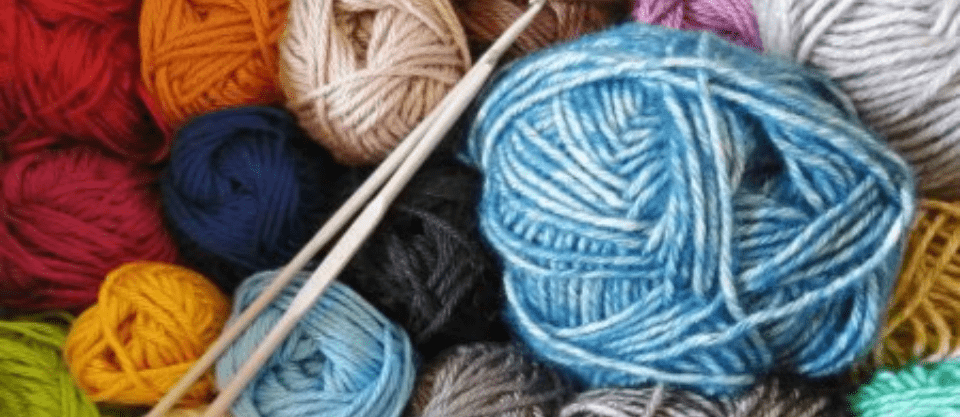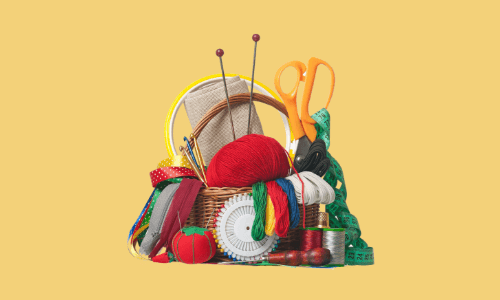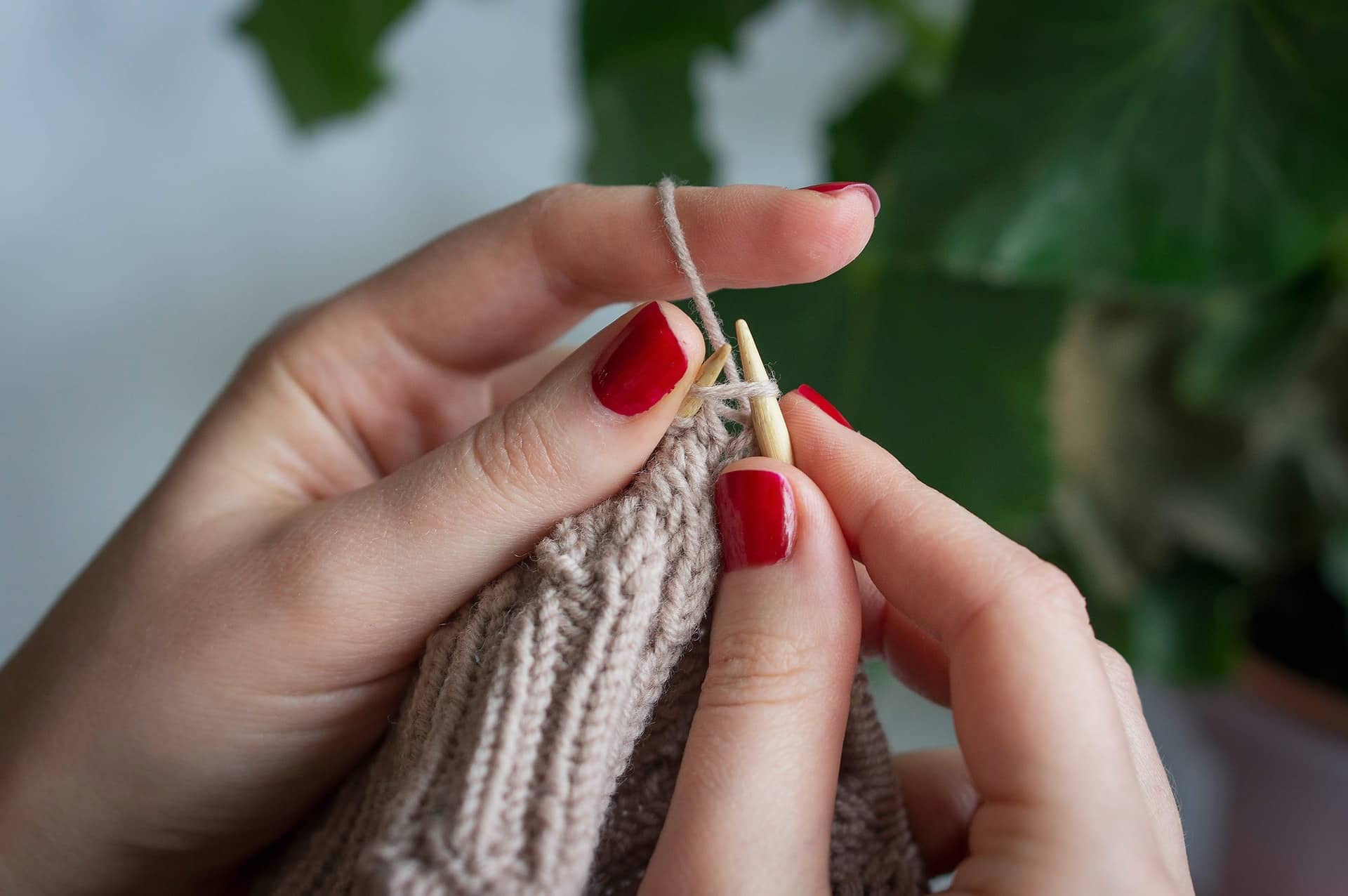
The Benefits of Knitting for Beginners
Why knitting is more than just a hobby...
In 2013, researchers published an article in the British Journal of Occupational Therapy surveying the mental and physical wellbeing of 3,500 adult knitters. Their findings indicated that the therapeutic effects of knitting are marked and worthy of further scientific investigation. These results come as no surprise to those of us who love to craft. But what exactly are these amazing therapeutic benefits of knitting?
What are the benefits of knitting?
That same article in the British Journal of Occupational Therapy states that knitting was shown to bring about feelings of calm and happiness. Now that might sound ironic if you’re a beginner knitter. When you’re starting out, you’re going to feel like you’re all thumbs. But as you practise and develop your knitting skills you will not only feel calmed and soothed by your work, but you’ll also experience the rich satisfaction and sense of accomplishment when you finish a piece of knitting, no matter how wonky and wobbly it might be.
Learn How to Knit
Learn everything you need to know about knitting, from the basics to the knitty gritty, and become a pro!

Knitting and other crafts helped me to get through my graduate degrees with most of my sanity intact. When you can complete small, measurable goals, like a scarf or a hat, it boosts your feeling of purpose and general wellbeing. Knitting is a great all-rounder for self-care and good mental health habits. In fact, knitting has even been used as a tool to help people beat addiction. We knitters joke about how knitting is addictive, but it does produce some of the same chemical effects in the brain as other addictions.
Why is knitting good for your brain?
The repetitive motions you use when you knit have also been shown to have the same effects as meditation, working the parts of your brain that help with focus and concentration. Knitting not only soothes the hyperactive soul, slowing down your breathing and lowering your blood pressure, but it might also improve certain cognitive functions, like reading and mathematics, especially in children who struggle to focus in traditional learning environments. Children can be enthusiastic knitters, because, unlike so many of us adults, they have not yet acquired the fear of making mistakes. Learning to knit as an adult takes you back to that growth mindset of a child and makes you more comfortable with the process of learning through doing and through making missteps. Those are two things that we often lose as we get older, especially in tertiary education where our learning can be very theoretical.
Recommended for you: Download Upskillist free meditation guide for beginners.
Similarly, to the process of improving brain function, knitting might slow down degenerative cognitive disorders like Alzheimer’s. According to a study by the New England Journal of Medicine and the Mayo Clinic, it looks like activities like knitting, word puzzles, and reading build networks between brain cells, keeping the brain healthy when other networks start to break down as people age. Knitting isn’t only good for the soul, it's exercise for your brain, without ever leaving your couch!

And there are even more health benefits. If, like me, you live with a chronic health condition like an autoimmune disease or chronic pain after an accident, knitting may help. Those living with chronic conditions often have to find new and creative ways not only to keep the pain away but also to keep busy and feel productive when too ill to work. The gentle productivity of a simple craft project that you can complete from a hospital bed can be a great mood booster, but according to a study from the UK, knitting can provide enough of a distraction to alleviate some of the discomfort associated with chronic pain.
But it’s not just a distraction and a mood booster. Knitting seems like a solitary activity, something you do by yourself for a few moments of peace and calm while you’re waiting for a plane or sitting on a train on your daily commute, and while it can certainly be that, any knitter will tell you that knitting is about community.
How to start knitting online
Whether you find a local knitting circle at your public library or your favourite pub, or if you prefer to interact online, the knitting community is always enthusiastic about new members. During these strange times, many of us have experienced moments of feeling isolated. Just because we know we need to stay at home doesn’t always make it easy. Even introverts need human connection every now and then.
I found a wonderful community of knitters on Instagram, but there are online knitting groups everywhere. Facebook is a fantastic way to meet other knitters and Ravelry is the go-to website for all things knitting. We talk about our everyday lives just as much as we natter about knitting, sharing photos of our pets while discussing our favourite cast on methods, or simply asking for help with a tricky pattern. Knitters don’t hold with the hoarding of techniques or information. We want the whole world to love knitting as much as we do, and we want all knitters to succeed in achieving their knitting goals. There is always someone out there to hold your hand as you knit your first bit of lace or someone to complain with about getting stuck on ‘Sleeve Island’. So, if you’re isolating, you don’t need to feel isolated. Reach out to a knitter — there’s always one close by, even if only online.
If you haven’t already, come and join the Upskillist knitting community. Chat with fellow students, enjoy video demonstrations which are a bit like a one-on-one knitting session with your own private tutor, and learn a great new skill.



